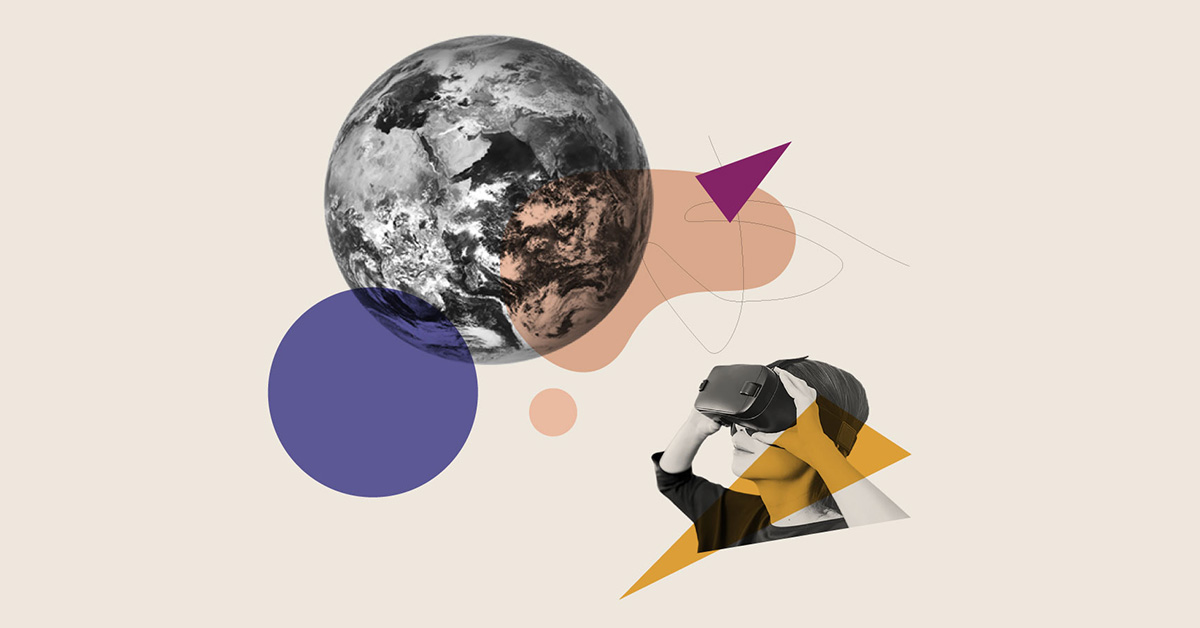(A Global Skills Opportunity (GSO) op-ed originally published in the Ottawa Citizen on November 14, 2022).
By David Johnston, former Governor General of Canada, chair of the Rideau Hall Foundation, chair of the advisory group for Global Skills Opportunity
Canada has a great opportunity to increase the competence, skills, resilience, curiosity and empathy of its next generation. It is through encouraging our youth to become international citizens by participating in global study and work.
Of all lessons the COVID-19 pandemic has taught, few have resonated so loudly as the importance of connection. We have been reminded that global problems require global solutions.
We cannot and should not be confined to silos, but rather engage wholeheartedly in the diplomacy of knowledge, working together to combat global issues such as poverty, climate change and, of course, global health.
To paraphrase Thomas Jefferson, when you light your unlit candle from my lit candle, my light is not diminished; it only burns brighter. Similarly, when we engage in the diplomacy of knowledge, everyone benefits.
The truth is, when students study or work abroad, they bring back skills and knowledge that serve to strengthen local, provincial and national interests.
This is not a new notion; In 1987, Europe institutionalized this sharing of knowledge by setting up the Erasmus program, designed to support education, training, youth and sport.
This year marks the 35th anniversary of what has become the most successful student mobility program in the world. From a mere 3,200 students in its first year, Erasmus now engages more than 300,000 participants every year, evolving to meet the needs of a diverse demographic by boasting a more inclusive, more digital, greener experience for all.
In those same 35 years, Canada has become a world leader at hosting international students; Only the U.S. and the U.K. attract more. Their presence enriches our classrooms and communities, contributes to our economy, and builds ties with countries around the world.
But we have been lagging at providing and supporting international learning opportunities for our own citizens. Pre-pandemic, a mere 11 per cent of university undergraduate students and three per cent of college students participated in an international experience during their studies.
In 2019, as part of Canada’s five-year International Education Strategy, the federal government made a steep move to remedy those numbers, launching its largest-ever outbound mobility initiative known as Global Skills Opportunity (GSO).
Funded through Employment and Social Development Canada, GSO will provide more than 16,000 Canadian post-secondary students with an opportunity to study or work abroad by 2025. In the few months since global travel resumed, the program has already enabled more than 1,400 Canadian students gain international experiences — well on par to match Erasmus’s outputs in its first year.
This is not the only time the federal government has invested in global experiences for Canada’s youth.
The Queen Elizabeth Scholars program, established in 2012 in celebration of the 60th anniversary of Her Majesty’s accession to the throne, improves global talent exchange between Canada and other nations. QES has supported more than 2,200 scholars from Canada and across the globe so far. The federal government recently made a $20-million donation to new legacy campaign to make the QES program permanent.
Global Skills Opportunity, however, is currently a pilot program; its funding it not secured beyond 2025.
It would be a shame if it were not renewed.
Through programs such as GSO and QES, thousands of young Canadian “ambassadors” are gaining skills that will serve them for life: curiosity, self-confidence and self-reliance.
They’ll develop high levels of empathy, making them less quick to judge and more likely to appreciate shared values over cultural divides.
They’re likely to earn more in their careers, to be more resilient in the global economy, and be more engaged in promoting respect for human diversity and dignity.
We have learned that investing in people and intelligence and thoughtfulness as a way of advancing knowledge is also a way to improve the human condition. By encouraging citizens to develop their talent while expanding their understanding, we forge a better world — one riven with less conflict and marked by more respectful mutual regard.
Knowledge exchange programs also help level the playing field, making travel and its benefits more accessible to Indigenous students, students with disabilities and students from less privileged backgrounds who so often do not have the chance to participate in international opportunities — a focus of the GSO program. On a macro level, it takes the Canadian diversity “experiment” to a world scale.
It was Antoine de Saint-Exupéry who said: “I am different from you, but I do not diminish you. I enrich you.”
In the end, excellence flourishes when the fullest range and number of people are able to pursue it and in doing so continually raise all our aspirations and expectations to a higher standard.
Canada can be excellent, and Canadian students can be competitive on a global playing field, but for that we need to provide students with access to a 21st-century education. They deserve it, and our country needs it.

